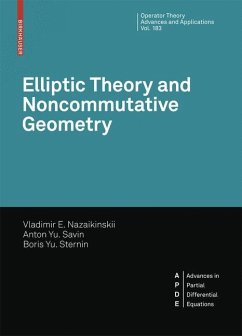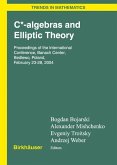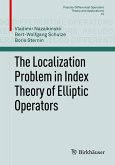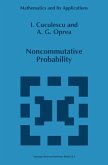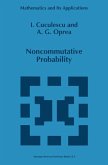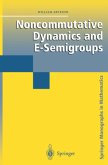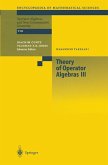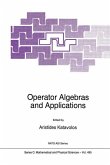Noncommutative geometry, which can rightfully claim the role of a philosophy in mathematicalstudies,undertakesto replacegoodoldnotionsofclassicalgeometry (suchas manifolds,vectorbundles, metrics, di?erentiable structures,etc. ) by their abstract operator-algebraic analogs and then to study the latter by methods of the theory of operator algebras. At ?rst sight, this pursuit of maximum possible generality harbors the danger of completely forgetting the classical beginnings, so that not only the answers but also the questions would defy stating in traditional terms. Noncommutative geometry itself would become not only a method but also the main subject of investigation according to the capacious but not too practical formula: "Know thyself. " Fortunately, this is not completely true (or even is completely untrue) in reality: there are numerous problems that are quite classical in their statement (or at least admit an equivalent classical statement) but can be solved only in the framework of noncommutative geometry. One of such problems is the subject of the present book. The classical elliptic theory developed in the well-known work of Atiyah and Singer on the index problem relates an analytic invariant of an elliptic pseud- i?erential operator on a smooth compact manifold, namely, its index, to topol- ical invariants of the manifold itself. The index problem for nonlocal (and hence nonpseudodi?erential) elliptic operators is much more complicated and requires the use of substantially more powerful methods than those used in the classical case.
Bitte wählen Sie Ihr Anliegen aus.
Rechnungen
Retourenschein anfordern
Bestellstatus
Storno

